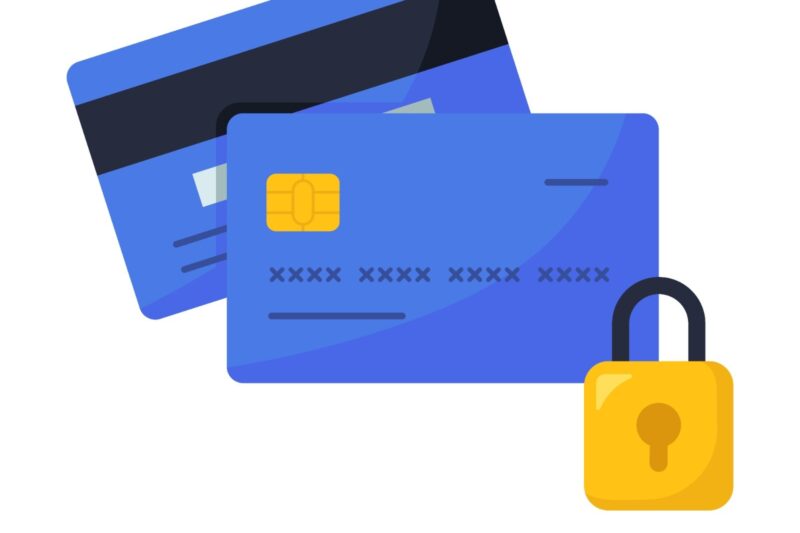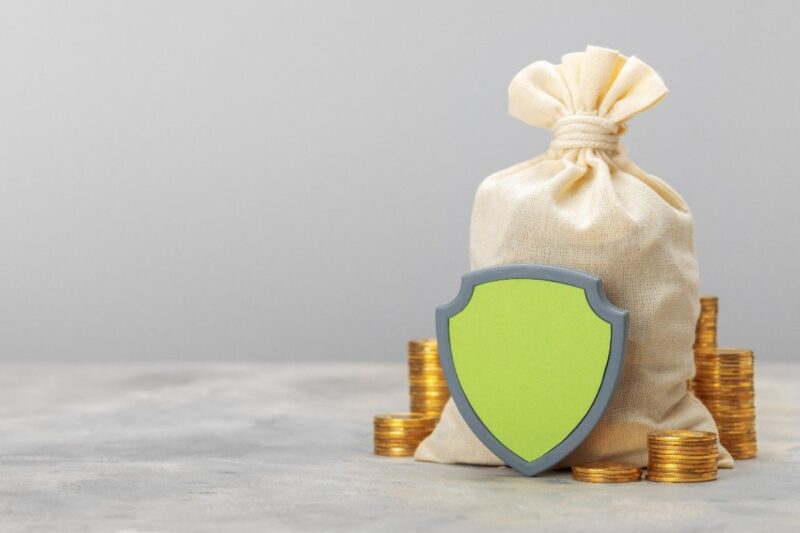Are you considering the option of cancelling a credit card? If so, it’s important to first consider how credit card closure might impact your overall financial situation. A lot of people think that the act of closing a card that they do not use will not have any negative effects, but in reality, it can affect one’s credit score and credit history in a manner that is probably not anticipated. Let’s understand the whole process of credit card closure and its implications on the financial health of the consumer in detail.
What Happens When You Close a Credit Card
A credit card closure simply means you’re closing your account with the bank or card company. The available credit limit on that card disappears, and you will no longer be able to use it. Closing a card might seem easy, but there are several ways it can affect your credit score.
Lenders use your credit score to decide whether they’ll give you a loan or a new credit card, showing your financial reliability. In India, it usually ranges between 300 and 900. Your chances of getting larger credit limits or low-interest loans increase with your score.
Your entire credit report may be impacted when you close a card because of the information associated with it, such as your credit limit, account age, and payment history.
Why Credit Card Closure Can Lower Your Credit Score
Lowered Credit Limit
The moment one card is closed, the overall credit limit of the user decreases. For instance, the total credit limit available to the user reduces to ₹50,000 if one of the two cards with a limit of ₹50,000 each is closed. The credit utilisation of the user goes up from 20% to 40% if the user continues to spend ₹20,000 on the remaining card. A higher utilisation ratio can eventually lead to a decrease in the credit score.
Reduced Credit History
The score of your credit also reflects the time during which you had credit. In case the card that you have closed is your oldest one, then it can lead to the shortening of your credit history, thus harming your score slightly.
Narrower Range of Credit
Lenders are inclined to think you are a good credit risk if you can manage different kinds of credit, like loans and cards. This is why closing an account cuts the variety of your credit profile.
Temporary Score Dip
A credit card closure does not immediately affect a credit score, but it can lead to a short-term dip. Eventually, the score can bounce back if the user takes proper care of the other credits.
When Credit Card Closure Makes Sense
Credit card closures are not always bad. Sometimes it’s the best option.
You may want to close a card if,
- You don’t use it much, and the annual fees are high.
- You want to improve your finances and have several cards.
- You want to stay out of debt and have a tendency to overspend.
In the future, a thoughtful credit card closure can help you manage your finances better. The key to success is to manage your remaining loans and credit cards effectively, which includes checking your credit report frequently, making on-time payments, and maintaining low utilisation.
Track Your Credit Health Smartly with Olyv
Checking your credit health is the best thing to do before you decide to close a credit card account.
Olyv is a platform that allows you to keep track of your credit score, find out the causes of your score and receive advice on how to improve it. Olyv’s credit insights show how credit utilisation, history, and payments work together to shape your score. This makes it easier to decide whether closing a card will help or hurt your credit in the long run.
How to Minimise the Impact of Credit Card Closure
If you wish to close a credit card account without it affecting your credit score, the following steps will help you,
1. Before the account closure, settle all outstanding payment obligations.
2. If it is possible, keep your oldest cards as they are; they positively affect the length of your credit history.
3. Reduce your credit utilisation on the remaining cards.
4. Regularly check your credit score to be aware of and possibly prevent sudden changes.
Conclusion
A closed credit card account doesn’t automatically lead to a damaged credit score. Its effect relies on the age of the card, your credit utilisation ratio, and the manner in which you handle your other accounts. Keep in mind that the essence is the balance: treat your cards right, pay on time, and be updated.





I never considered that closing a credit card could change the age of your credit history. It’s definitely something to weigh before making a decision, especially for those with longer histories.